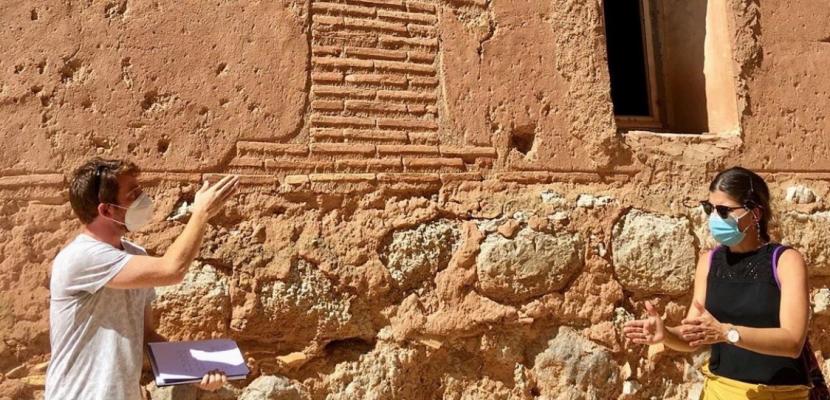
Territorio Mudéjar: fieldwork grants for innovative research projects in Heritage Management

About this good practice
Territorio Mudéjar is an association of municipal councils, which aims to develop a streamlined, collaborative heritage management network. Since 2019, it has launched an annual open call for grants for researchers and professionals involved in cultural and natural heritage management to conduct highly innovative research or practical projects. The areas of work and research covered by the grants are:
New perspectives on Mudéjar art
Cultural landscapes
Cultural heritage management
Communication and dissemination of Mudéjar heritage
Mudéjar heritage and its social function as a key component of territorial development
Proposals can be made for projects at any stage, from design to implementation. One of the central components of the proposals must be a physical stay in one or more of the villages in the Mudéjar Territory.
The main goals of the programme are:
To raise awareness of Mudéjar heritage sites in rural areas via innovative perspectives based on experiences of inhabiting the villages, making a positive impact on them.
To establish a professional network with a common aim that focuses on heritage, cultural and natural resources and helps to boost other sectors through interdisciplinary, collaborative work.
To create mechanisms for social participation in relation to heritage and promote heritage as an important resource for territorial development.
Resources needed
Each grant is worth €6,000, covering researchers’ expenses as they carry out their projects. The grants are funded by Territorio Mudéjar.
Territorio Mudéjar may launch calls for additional funding for projects proven to need it after the initial pilot phase, as well as for dissemination of research
Evidence of success
After two editions, the research stay programme can be considered a success due to the quality of the projects and the opportunities for other initiatives that they have opened up.
A network of professionals working in the area has been established (three of the initial researchers continued into the second edition, incorporating new professionals from different fields into the projects) and the research findings have had a significant social, economic and scientific impact.
Potential for learning or transfer
The essence of the project lies in transforming the challenge of finding professionals with a specific profile to work as rural heritage managers into an opportunity to turn the local area into a ‘training laboratory’ to provide them.
Further information
Website
Good practice owner
You can contact the good practice owner below for more detailed information.
Territorio Mudéjar Association
